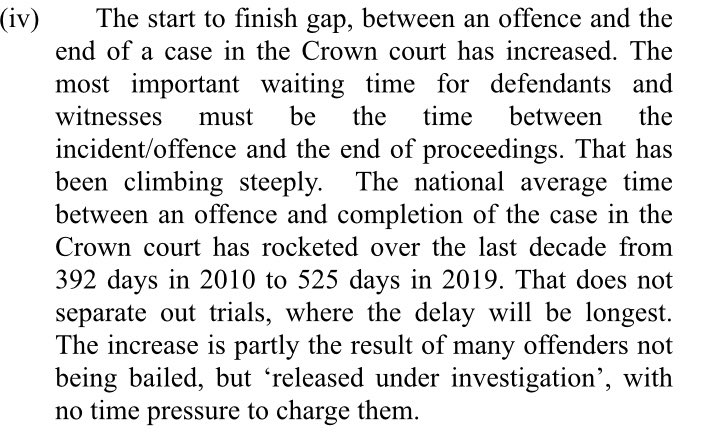As ever with jury verdicts, we don’t get reasons (something I’ve whinged about elsewhere), so we won’t ever know the jury’s thought process, but the following legal principles might be relevant: [THREAD]
The answer likely lies in the complicated and counterintuitive way in which this offence works in law.
As I say - counterintuitive. I have every sympathy with people who are confused.
There are 3 ways that something can be an offensive weapon:
1. It’s “offensive per se” - i.e. it has no lawful purpose and is designed to cause injury. Like a knuckleduster.
3. It’s not (1) or (2) but you intend to cause injury to a person with it (eg a baseball bat).
In this trial, it looks as if the machete was treated as in Category 3.
Now here’s where it gets messy.
But the principle of “instantaneous arming” might explain why the jury reached what appears at first glance to be a bizarre verdict.
But don’t think that it’s generally lawful to carry a machete. It’s not.
The acquittal on the offensive weapon charge will not make any meaningful difference to the sentence for the wounding with intent. He will be sentenced for an assault using a dangerous weapon.














